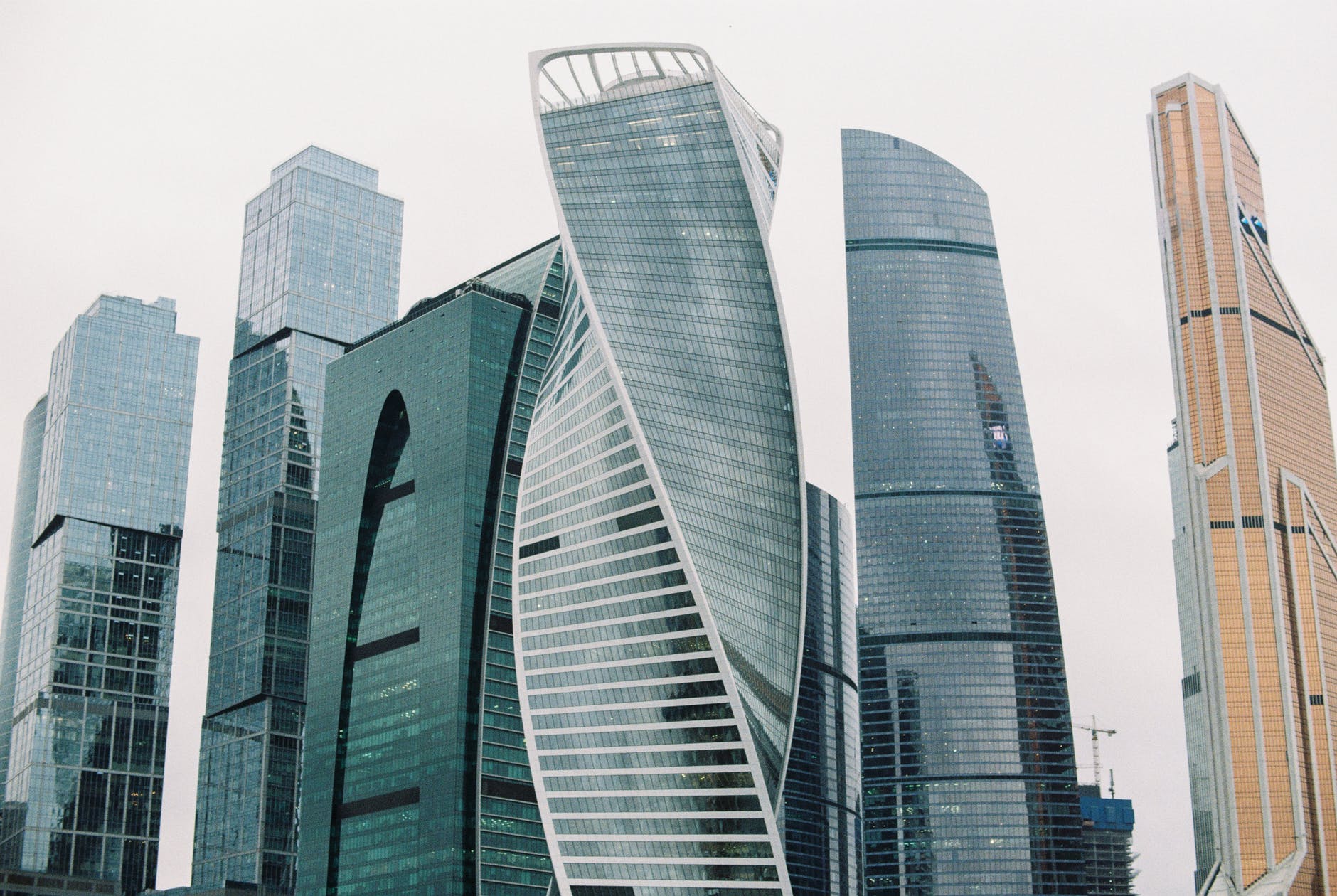Health and economic emergencies have always had a catastrophic effect on the tourism and hospitality industry. This year, Covid-19 has been the biggest disaster that had impacted this industry causing billions of dollars of losses in revenue.
As the third biggest income earner for Malaysia, the hospitality and tourism sector contributes to almost 6% of the Malaysian Gross Domestic Products (GDP) so the worldwide pandemic did not only affect the economy, but it also broke the value chain and impacted livelihoods.
In Malaysia, about 15% of the over 4,800 registered hotels are expected to shut down due to the pandemic. The Malaysian Association of Hotels (MAH) said a survey that was done by the association revealed that a big number of hoteliers are considering ceasing operations while another sizable percentage is looking into temporarily halting business.
Several renowned hotels had also closed down in the last couples of months and more will be severely affected if this downward spiral were to continue till year-end, which begs the question – how will the hospitality sector survive this pandemic?
EHL, a renowned Hospitality Management School in Switzerland, opines that the hospitality sector can bounce back by focusing on several areas and these include changes in customer experience, perceptions, consumption patterns and good asset management.
Introducing a new normal that emphasises on safe distancing, cleanliness, personal hygiene and contactless service should be part of the service-based industries which include aviation, hotels, food and beverage (F&B), tour and transportation services.
Interestingly, EHL says even the type of food served in hotels must be carefully selected and prepared as people have become more cautious over their dietary choices and hygiene standard so handling of raw food and materials, for example, must be done with extra care.
A travel and tourism analyst for GlobalData, Ralph Hollister, believes the hospitality sector will be resilient despite a bleak outlook. He said in the past, hotels around the world had survived major crises like natural disasters, global disease outbreaks and even terrorism.
Hollister indicated a major shift in marketing strategies will be able to get them back on track albeit a reduced revenue. These strategies would include investments in digital marketing and digital communication platforms. Content should also reflect high-quality service that is aligned towards safety, security, cleanliness and habitability.
A bigger challenge will be synchronisation of the entire travel and tourism industry from end to end (business to customer). In other words, the entire supply chain from aviation to frontline services must be in tune with regulations and consumers must cooperate with the new norms. In a way, while the business is still consumer-centric, it has to be more stringent when it comes to compliance with the new norms.
These are unprecedented times and almost all major businesses are facing a huge challenge in rebuilding their businesses but with resilience and good strategies, they can get back on track and re-emerge stronger than before.

